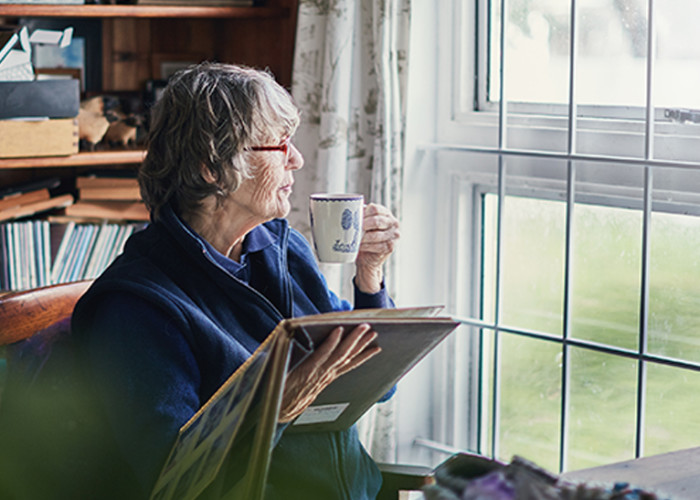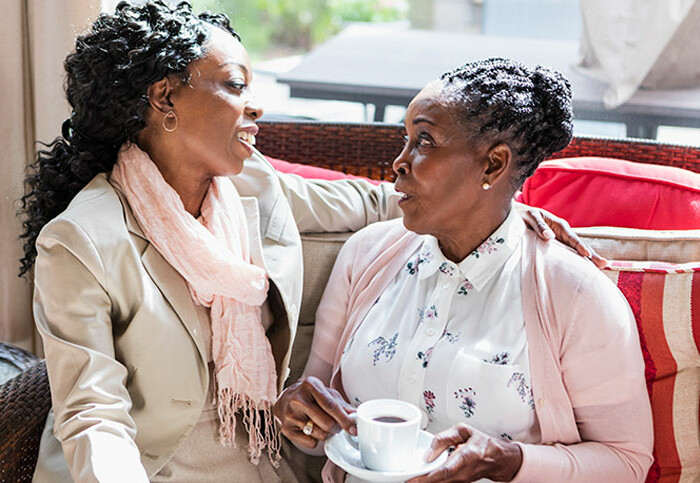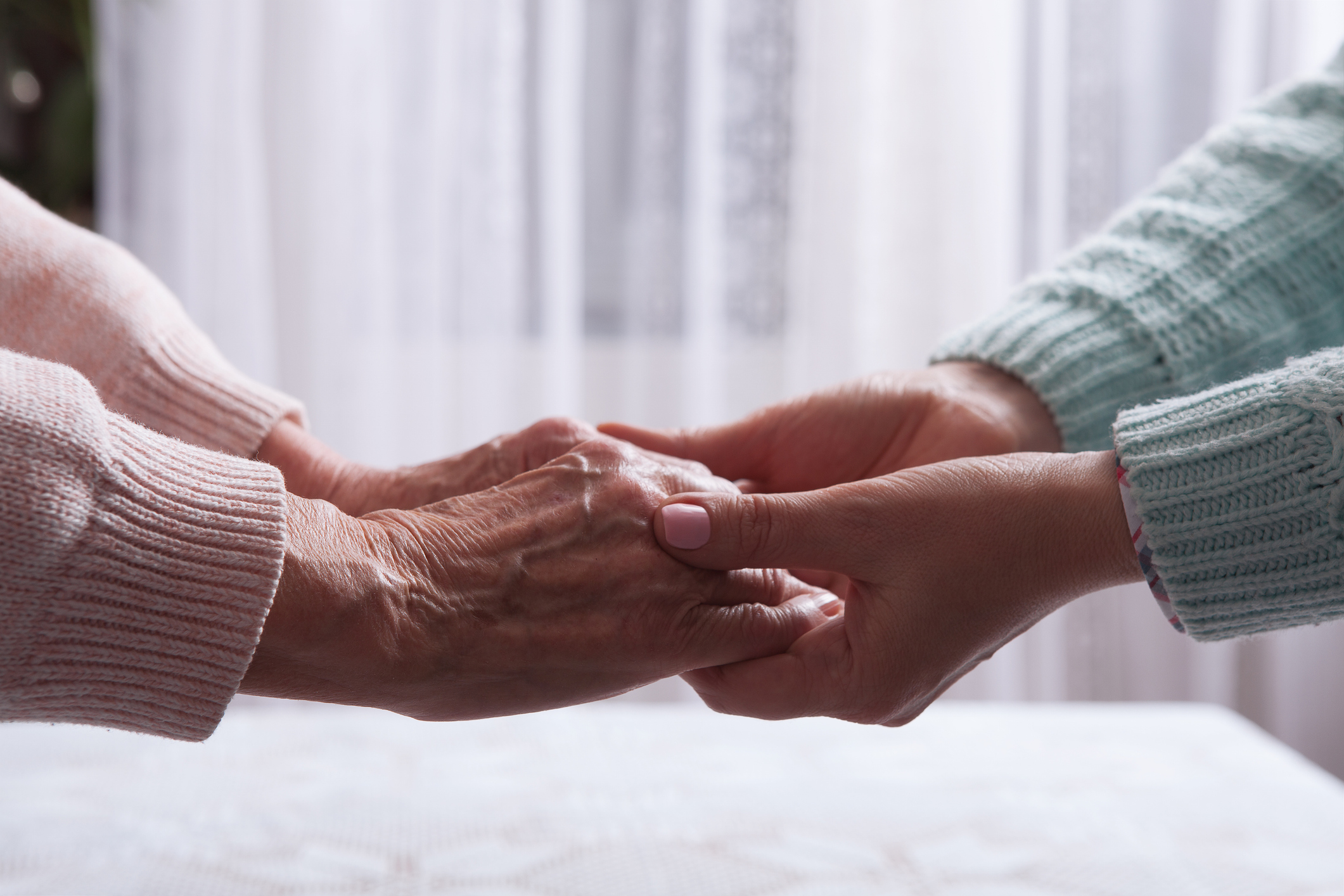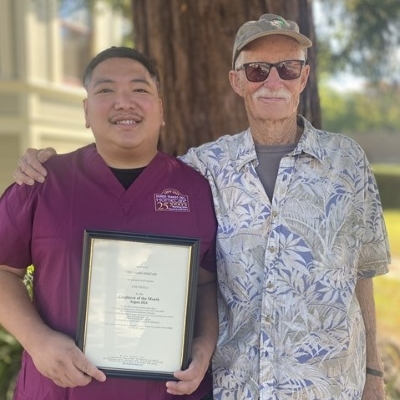Search Results for "senior health"
Take Two: Why You Should Consider Keeping Two Caregiving Journals
Keeping two separate caregiving journals for two distinct purposes is most effective.
Most of us are jotting down notes all the time: grocery lists, to-do reminders, appointments, meetings, events…the list goes on and on. If you’re a family caregiver, you’ve got even more reasons for writing, as you manage another person’s life in addition to your own. Journaling is a great way to keep everything together in one concise location. Yet we recommend taking it a step further by utilizing two caregiving journals for two distinct purposes that are equally important to your caregiving role.
The Organization Journal
This type of journal is a great tool for keeping everything linked to a senior family member’s health and wellbeing in one place. Include:
Any condition changes
Information about any troubling symptoms and what could be having an effect on them … Read More »
4 Ways to Better Advocate for Your Older Loved Ones
Being a better advocate for your older loved ones begins with these four tactics.
“Unless someone like you cares a whole awful lot, nothing is going to get better. It’s not.” – Dr. Seuss, The Lorax
Serving as an advocate for your older loved ones is perhaps one of the greatest honors – and responsibilities – you’ll have as a family caregiver. It means fully comprehending their needs and wishes, and communicating them to those who can help to make sure they’re achieved.
What You Need to Know About Clutter and Dementia
Clutter and dementia may seem like an unhealthy combination, but research is showing some surprising benefits between the two.
Decluttering is a vital component to safety for individuals with dementia, particularly in ensuring walking paths are clear to prevent falls. However, there may be some surprising benefits to controlled clutter, according to a study by the University of East Anglia that explored the link between clutter and dementia.
Walking Each Other Home: How to Ease End-of-Life Care
Learn how to ease end-of-life care with these tips.
Although the holiday season may be filled with joy, it can also spark feelings of loss and nostalgia for loved ones who are no longer with us. It’s also an incredibly poignant time for anyone who is caring for a loved one nearing the end of life. The ebbs and tides of life, as we know, do not always follow our schedules, routines, or desired outcomes. It becomes crucial to know how to ease end-of-life care to bring much-needed comfort during this trying time.
If you are in the midst of a season of providing end-of-life care, here are some thoughts to keep in mind that will help you best help the person in your care – as well as yourself.
Provide a calming environment. Ram Dass, author of … Read More »
The Strategy You Have to Try: Virtual Reality in Dementia Care
Virtual reality in dementia care can be highly effective in improving engagement, communication, and joy.
Imagine for a moment how it could feel to struggle with the cognitive challenges of dementia. The people who are closest to you are now unfamiliar. The words and phrases that would roll off your tongue without a second thought are now just beyond your grasp. In fact, the world as you once knew it has turned completely topsy-turvy, leaving you yearning for a recognizable foothold.
However, one of the kindnesses imparted by Alzheimer’s is the long-term memories that oftentimes remain intact long after short-term memories have disappeared. It’s why connecting older adults with Alzheimer’s to the past is often a remarkably effective way to engage them – through music, movies, photos, and reminiscing. Now we can add a high-tech tool to the … Read More »
Feeling Worn Down? Try These Ideas to Gain Energy as a Caregiver!
These four simple tips can make a big difference in helping you gain energy as a caregiver.
Providing care for someone else can be exhausting. Add in the shortened daylight hours of fall that we’re beginning to experience, along with the everyday stressors in life, and it’s no wonder so many of us are feeling worn down and sluggish. Try these ideas from our home care team to help you shift from feeling fatigued to fabulous and gain energy as a caregiver.
Consume more high-energy, complex carbs. If the hectic pace of life or simply ingrained habits have you grabbing a quick bowl of sugary cereal for breakfast, snacking on chips and soda, and seeking out comfort foods like macaroni and cheese or white bread, it’s only natural for your energy level to be sapped. Instead, choose whole grains, … Read More »
Tips for Communicating About Your COPD Diagnosis
Communicating about your COPD diagnosis can be easier with these steps
It began with your inner circle, those closest to you, and it has slowly been spreading outward to good friends and acquaintances. Communicating about your COPD diagnosis and knowing how to respond to the numerous questions that arise about it can be uncomfortable – for you personally, and also for those you’re speaking with as well.
Surprisingly, you might find that the biggest challenges come in speaking with your primary caregiving partner – the person who is closest to you personally. The caregiver/care receiver relationship can raise a number of emotions. The individual on the receiving end of care may feel insecure and self-conscious as a result of needing assistance, that may lead to feelings of anger and frustration just to name a few. The care provider … Read More »
How to Care for Someone With a Progressive Disease
These tips will guide you in how to care for someone with a progressive disease.
It might have been expected, or perhaps broadsided you without warning. Mom has just received the official diagnosis for a progressive disease that is likely to make independent life difficult. While there are a number of uncertainties, one thing is for sure: she is adamant about remaining at home – meaning you’ll have to learn how to care for someone with a progressive disease.
Welcome to the world of family caregiving! If you’re feeling a bit overwhelmed with what can be expected next, these recommendations will help.
Discover as much as you’re able to about the disease. The older adult’s doctor can provide you with resources and educational materials to help you know what to anticipate and to gain confidence in your caregiving role.
Prioritize … Read More »
4 Ways to Boost Resilience in Older Adults
Discover how to improve resilience in older adults in four simple steps.
Did you ever encounter someone so inspiring that it completely changed your viewpoint on life? It might lead you to pause and wonder what it is about that person that supplies them with the drive and strength to stand out from the crowd. This type of resilience in older adults is especially encouraging, showing us that whatever comes our way, at whatever age, life is beautiful, rich, and fulfilling.
At the Robert N. Butler Columbia Aging Center at Columbia University, research workers decided to examine this further with their “Exceeding Expectations” project. They followed 20 elderly New Yorkers from diversified backgrounds and cultures for a two-year time period. Here is what they learned about the resiliency of these extraordinary individuals.
They never let their obstacles define them. … Read More »
How to Overcome Sleeping Problems in Dementia
Try these tips to help someone experiencing sleeping problems in dementia get a better night’s rest.
If it seems like a senior with dementia has completely rewritten the rules on when and how to sleep, you’re not dreaming. For reasons that aren’t yet fully understood, sleeping problems in dementia are quite common. Changes to the senior’s circadian rhythm lead to drowsy days and sleepless nights.
The development of the disease is one contributing factor. Damage to brain cells causes increased weakness, making everyday tasks and activities exhausting. Medication side effects from commonly-prescribed dementia treatments can further exacerbate the issue.
Why Is a Good Night’s Sleep Crucial for a Loved One with Alzheimer’s?
Decreased sleep quality in dementia may bring about an increase in restlessness and delusions, and can cause serious safety concerns, such as the potential for an … Read More »

















